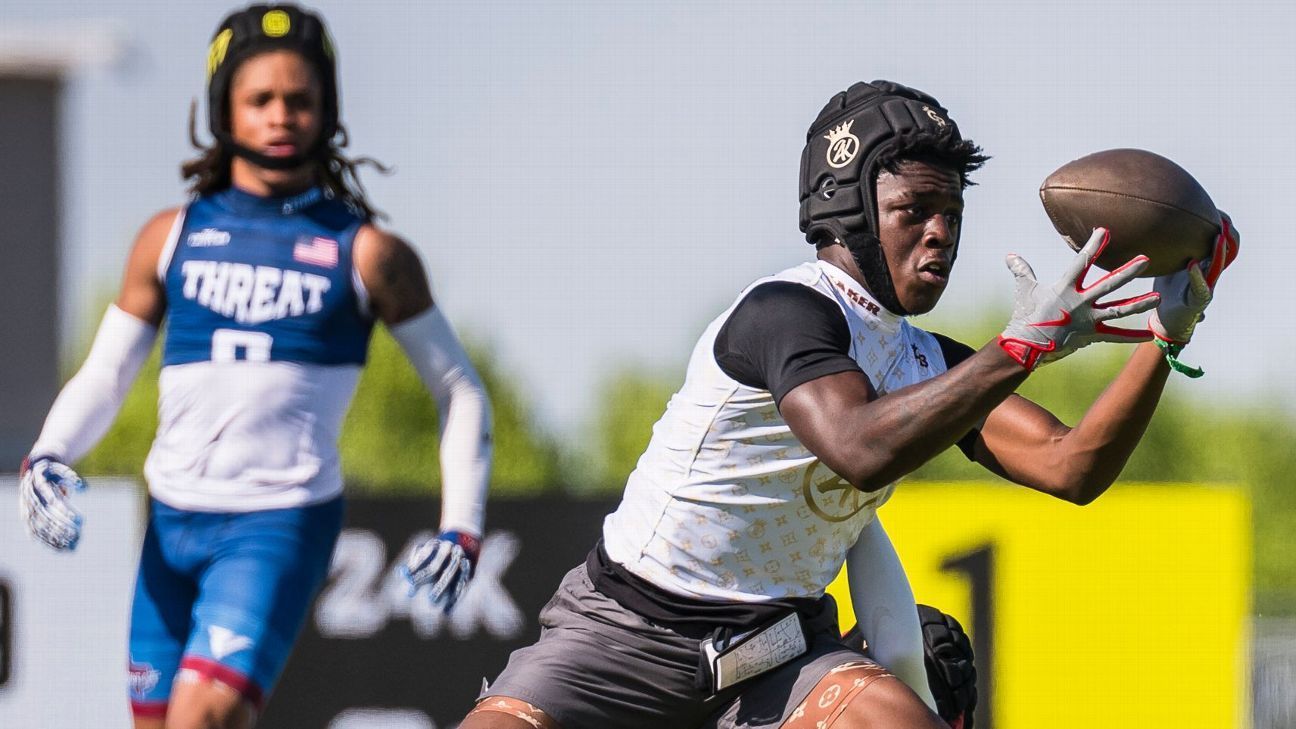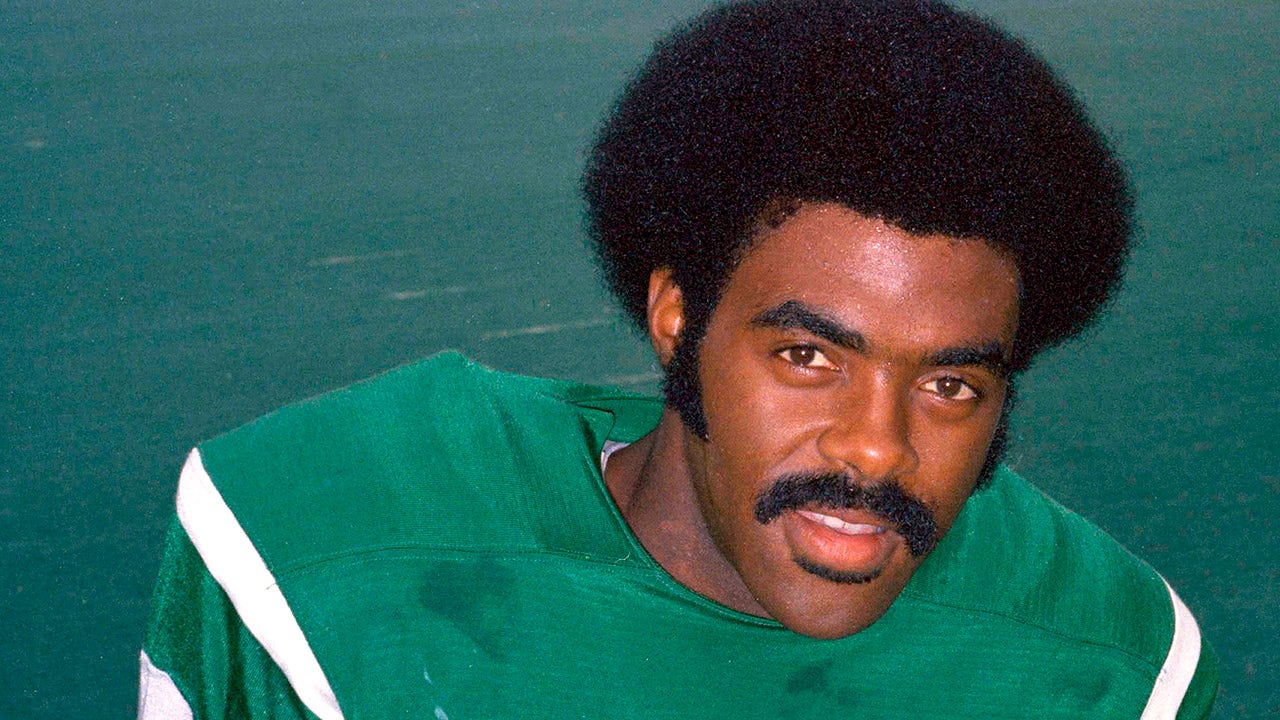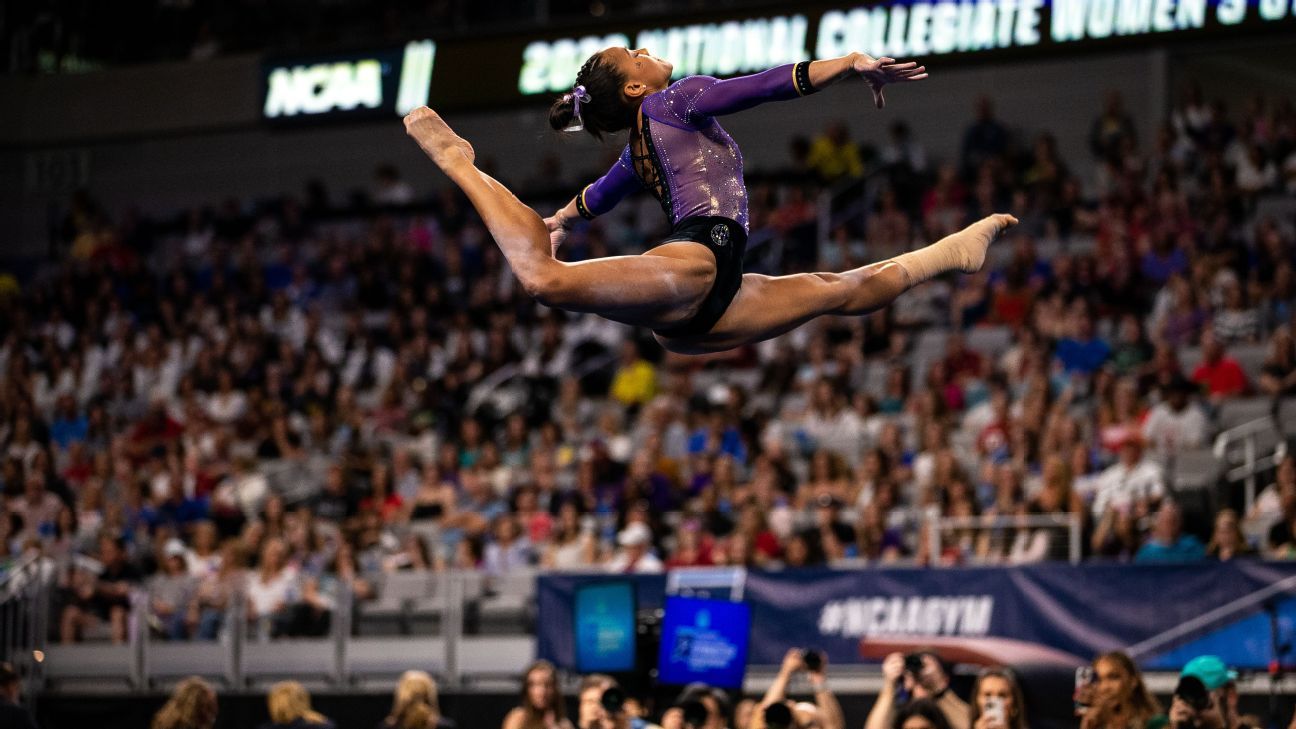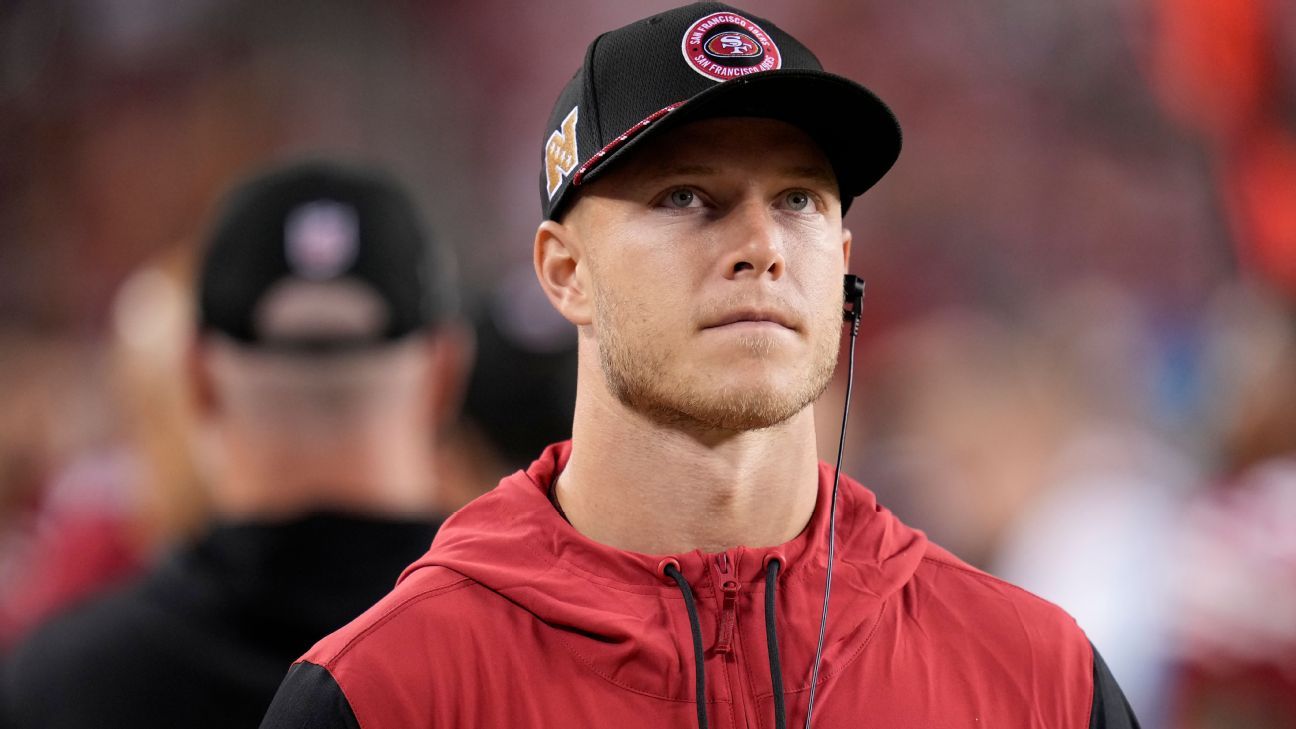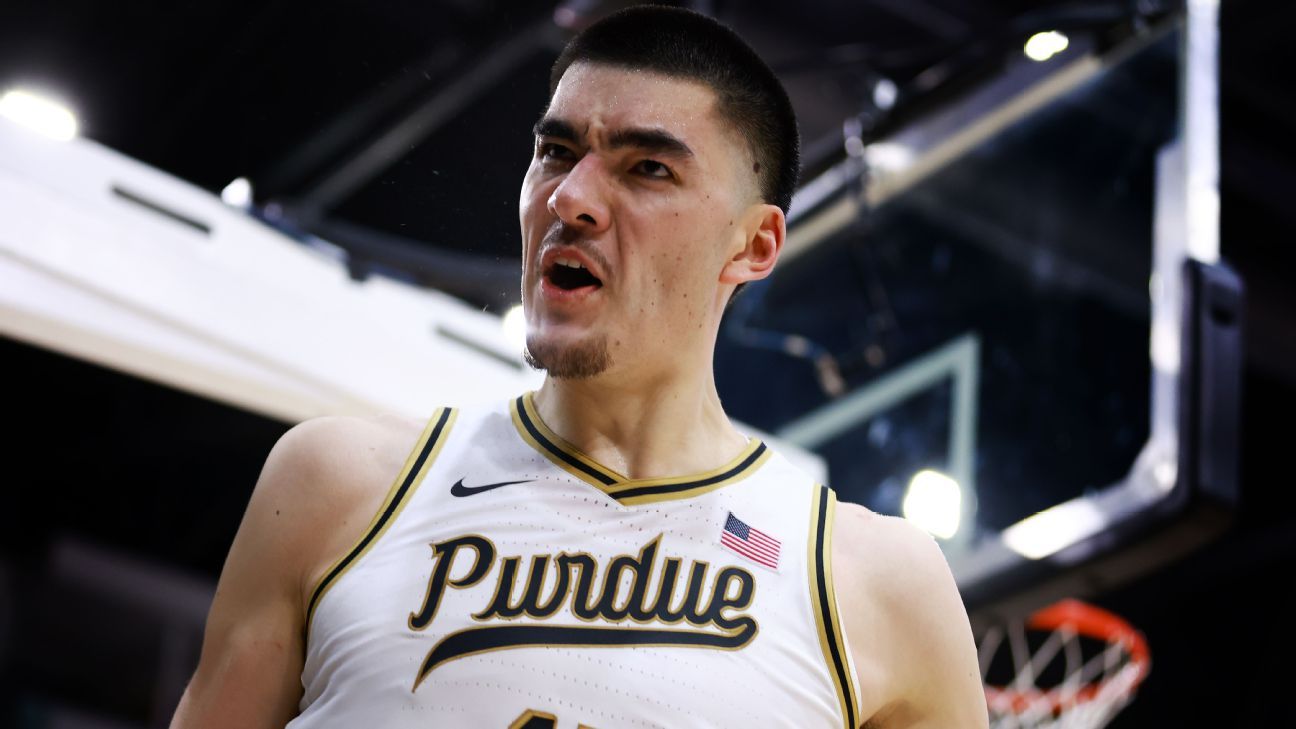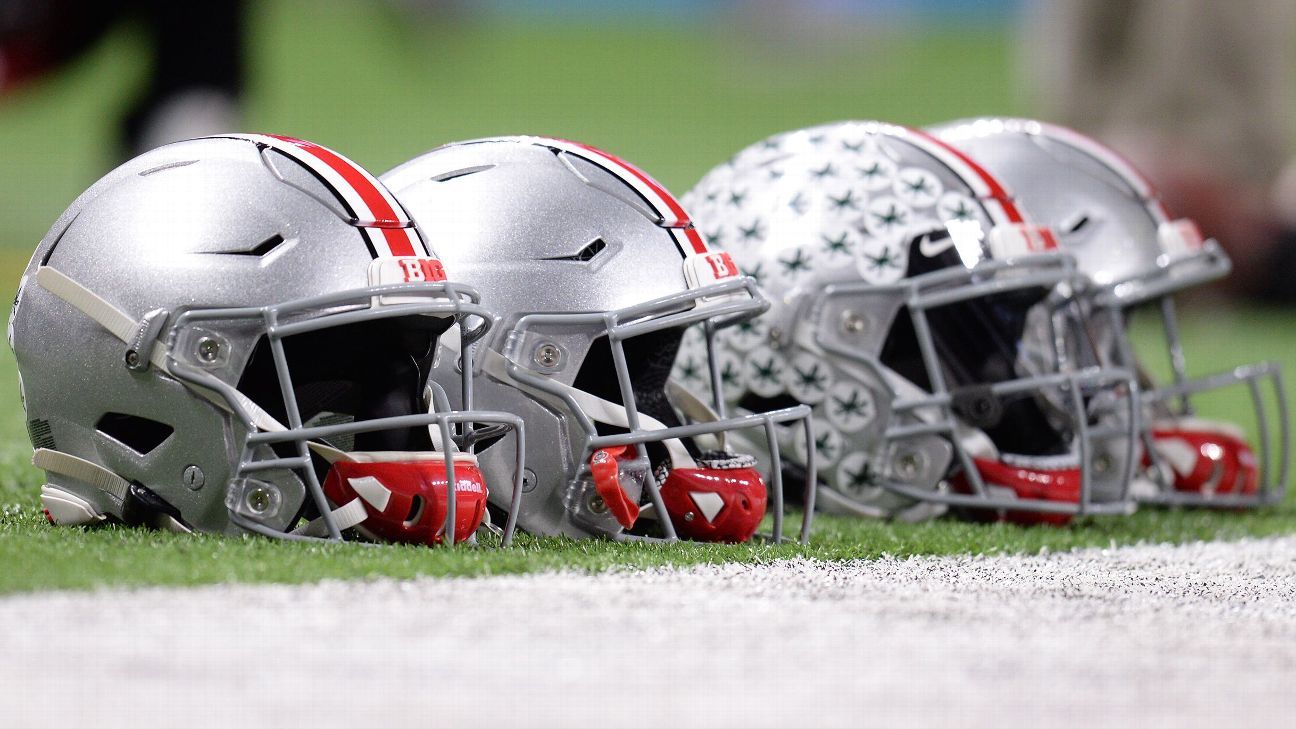CLEVELAND — An Ohio common pleas judge granted a temporary restraining order Monday that would allow the state's high school athletes to enter into agreements that wrestle with their talents.
Franklin County Common Pleas Court Judge Jaiza Page issued her order Monday, which could allow all students who are part of the 818 schools in the Ohio High School Athletic Association to enter into their own NIL agreements.
Ohio is one of six states that has rules that do not allow high school athletes to accept payment for their name, image and likeness. The others are Alabama, Indiana, Michigan, Mississippi and Wyoming.
Jasmine Brown, Jamier Brown's mother, filed the lawsuit in Franklin County Court of Common Pleas on Oct. 15 in her role as “parent or guardian.” Brown is a junior attending Wayne High School in Huber Heights, Ohio, a suburb of Dayton. He is the top wide receiver prospect in the class of 2027. Brown has verbally committed to Ohio State University, which is located in Franklin County.
Brown's mother and attorneys stated that Brown has already missed out on more than $100,000 in potential NIL settlements.
“This is an important ruling not only for Jamier but for high school athletes across the state of Ohio. There are 44 states that allow high school athletes to enjoy that benefit through NIL,” said Luke Fedlam, Brown's attorney at the Amundsen Davis law firm in Columbus.
OHSAA members decisively rejected an NIL proposal in 2022, 538-254. Last month, the OHSAA Board of Directors approved language for another NIL proposal that they planned to vote on in May. However, Monday's ruling is likely to accelerate the timeline.
OHSAA spokesman Tim Stried said, “The OHSAA anticipated that the judge would make an initial ruling on the NIL lawsuit today to establish the timeline moving forward. The OHSAA is finalizing communications on next steps for our member schools and will send details on Tuesday.”
Another hearing on a preliminary injunction is scheduled for Dec. 15.
“It's important for people to understand that high school NIL is different from college NIL,” Fedlam said. “Safeguards have been put in place that protect the integrity of the sport and competition. In college we have seen collectives for NIL to recruit and retain. That doesn't exist at the high school level. Most states have regulations that do not allow collectives and how they can transfer and maintain eligibility.”

